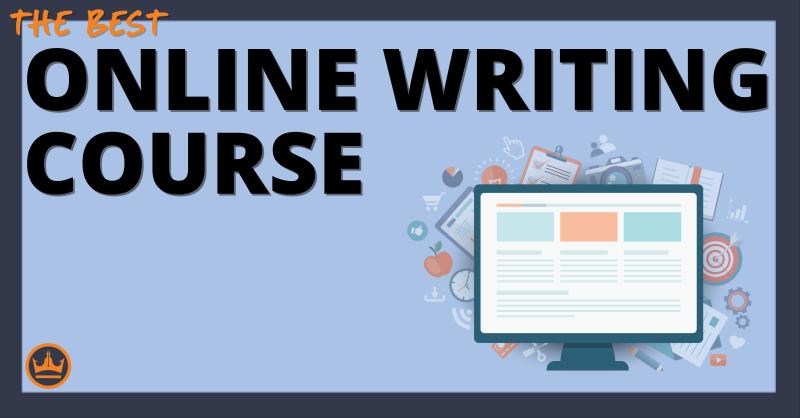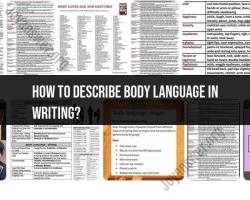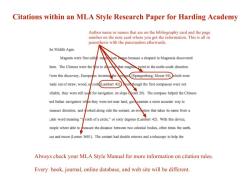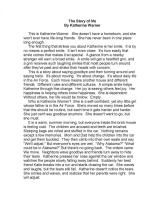What will I learn in this writing course?
The specific content and learning objectives of a writing course can vary widely depending on the course's focus, level, and intended audience. However, writing courses generally aim to help participants develop and enhance their writing skills in various areas. Here are common learning objectives you might encounter in a writing course:
Understanding the Writing Process:
- Learn the stages of the writing process, including prewriting, drafting, revising, editing, and publishing. Understand the importance of planning and organization in effective writing.
Improving Grammar and Mechanics:
- Enhance your understanding of grammar rules, punctuation, and sentence structure. Learn how to use language effectively to convey ideas clearly and accurately.
Developing Critical Thinking Skills:
- Learn how to think critically about writing assignments, analyze prompts, and develop well-reasoned arguments. Understand the importance of evidence and logic in persuasive writing.
Expanding Vocabulary:
- Work on expanding your vocabulary to improve the richness and precision of your writing. Learn strategies for choosing the right words in different contexts.
Adapting Writing Style:
- Understand how to adapt your writing style to different purposes and audiences. Learn techniques for writing in various genres, such as academic essays, creative writing, professional emails, and more.
Structuring Essays and Papers:
- Learn how to structure different types of essays and academic papers. Understand the components of introductions, body paragraphs, and conclusions.
Citing Sources and Academic Integrity:
- Understand the importance of proper citation and how to avoid plagiarism. Learn different citation styles, such as APA, MLA, or Chicago, depending on the course's focus.
Editing and Proofreading:
- Develop effective editing and proofreading skills to identify and correct errors in your writing. Learn techniques for self-editing and providing constructive feedback to others.
Creative Writing Techniques:
- If the course focuses on creative writing, you may learn various techniques for developing characters, creating dialogue, establishing settings, and building compelling narratives.
Professional and Technical Writing:
- If the course has a professional or technical writing emphasis, you may learn how to write reports, memos, manuals, and other workplace documents. Understand the conventions of professional communication.
Collaborative Writing:
- Learn how to collaborate with others on writing projects. Understand the dynamics of group writing and how to effectively contribute to collaborative efforts.
Publishing and Sharing Your Work:
- Explore the steps involved in publishing and sharing your written work, whether through traditional publishing channels or online platforms.
Before enrolling in a writing course, it's a good idea to review the course description, syllabus, and learning objectives provided by the instructor or course provider. This will give you a clearer understanding of what you can expect to learn and achieve throughout the course.
What specific skills or topics are typically covered in a writing course?
The specific skills and topics covered in a writing course vary depending on the level, focus, and format of the course. However, several common themes and areas are often addressed:
Foundational Skills:
- Grammar and Mechanics: This includes mastering the rules of grammar, punctuation, and spelling to ensure clear and accurate communication.
- Sentence Structure and Variety: Understanding different sentence structures and effectively employing them to create clarity, flow, and emphasis.
- Vocabulary Development: Expanding your vocabulary and using words precisely and effectively to convey your intended meaning.
- Paragraphing and Organization: Structuring your writing with clear topic sentences, supporting evidence, and logical transitions.
Rhetorical Skills:
- Writing for Different Purposes: Understanding how to adapt your writing for different audiences and situations, such as writing for academic papers, persuasive essays, business communication, or creative writing.
- Developing a Thesis Statement: Formulating a clear and concise thesis statement that focuses your writing and guides your argument or discussion.
- Supporting Your Argument: Using evidence, examples, and logic to effectively support your thesis statement and persuade your audience.
- Organizing Your Argument: Structuring your writing logically and effectively using introductions, transitions, and conclusions to guide your reader through your arguments.
Writing Techniques:
- Revision and Editing: Techniques for revising and editing your writing for clarity, conciseness, and accuracy.
- Critical Thinking and Analysis: Developing your critical thinking skills and applying them to analyzing texts and formulating arguments.
- Research and Citation: Learning how to conduct research effectively and cite your sources accurately and consistently.
- Plagiarism Prevention: Understanding plagiarism and practicing ethical research and writing habits.
Additional Topics:
- Creative Writing: Techniques for writing different forms of creative writing, such as poetry, fiction, and drama.
- Technical Writing: Learning to write technical documents such as proposals, reports, and instructions.
- Business Writing: Mastering effective communication in business settings, including emails, letters, and presentations.
- Digital Writing: Understanding the nuances of writing for online platforms and incorporating digital tools into your writing process.
Additionally, writing courses may incorporate specific themes or areas of focus, such as:
- Genre-specific writing: Courses focusing on writing in specific genres like science fiction, romance, or mystery.
- Professional writing: Courses preparing students for writing in specific professional contexts like law, journalism, or marketing.
- Developing a writing voice: Courses helping students find their unique voice and style as writers.
- Overcoming writer's block: Techniques and strategies to overcome writing challenges and improve writing productivity.
Remember, the specific skills and topics covered in a writing course will depend on the course's individual design. It's important to research and choose a course that aligns with your interests, writing goals, and desired level of learning.













